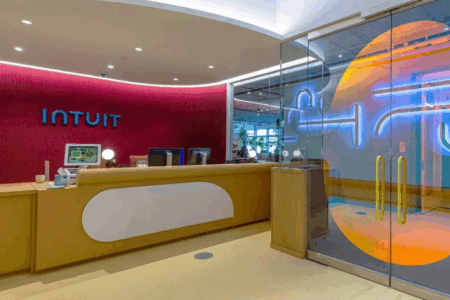The REIT sector had to trudge on a rough road last year.
The combination of high inflation and surging interest rates dampened sentiment for the asset class and caused valuations to tumble.
Investors are also justifiably worried about a possible recession that may hit Singapore’s shores this year.
A recession will reduce consumer spending and cause businesses to hunker down to save costs.
These actions will hurt REITs as their real estate portfolios thrive on robust business activity.
The good news is that not all REITs are affected to the same extent.
Some REITs are better equipped to handle an economic slowdown as they have characteristics that make them resilient.
Here are three types of REITs that can coast safely through a recession.
Suburban retail REITs
Suburban retail REITs have a distinct advantage when a downturn hits.
Being located close to heartland areas, these malls should continue to enjoy healthy footfall and tenant sales even if there is an economic slowdown.
A good example is Frasers Centrepoint Trust (SGX: J69U), or FCT.
The REIT owns a portfolio of nine suburban malls that include Waterway Point, Tiong Bahru Plaza, and Hougang Mall.
The retail REIT saw its distribution per unit (DPU) continue to head up even through the Great Financial Crisis (GFC) of 2008-2009.
DPU went from S$0.0729 in FY2008 to S$0.0751 in FY2009.
Only the movement restrictions from the pandemic could make FCT’s DPU decline sharply in FY2020, but it has since bounced back and in FY2022 has even exceeded the high recorded in FY2019 (pre-pandemic).
Another REIT that owns suburban malls is CapitaLand Integrated Commercial Trust (SGX: C38U), or CICT.
Some of the malls in its portfolio include Bedok Mall, Junction 8, and Bukit Panjang Plaza.
These REITs should maintain resilience in their portfolio as their suburban malls continue to be frequented even during a recession.
Industrial REITs
Industrial REITs fared well as a whole during the pandemic and their resilience can be attributed to the quality of their tenants.
A slowdown may temporarily impact some of the industrial tenants but it is unlikely that they will reduce their space or storage requirements as demand will always return once the economic storm has passed.
When selecting strong industrial REITs, you should look for the sub-sector their properties are in and also check out the diversity of their tenant base.
Take Mapletree Logistics Trust (SGX: M44U), or MLT, for instance.
The logistics REIT has a diversified tenant base of 882 tenants as of 31 December 2022.
Its top 10 tenants take up around 23.2% of gross rental income (GRI), and its top three tenants are CWT, a logistics services provider, Equinix (NASDAQ: EQIX), a data centre owner and operator, and Coles Group (ASX: COL), a large Australian supermarket chain.
Frasers Logistics & Commercial Trust (SGX: BUOU), or FLCT, also boasts a strong logistics and industrial (L&I) portfolio with full occupancy as of 30 September 2022.
Its top 10 L&I tenants include reputable names such as Hermes (EPS: RMS), Techtronic Industries (HKSE: 0669), and BMW (ETR: BMW).
Data centre REIT Keppel DC REIT (SGX: AJBU) is also in a good position to withstand a downturn.
It has a diversified portfolio of 23 data centres spread across nine countries and with data needs set to grow exponentially in the coming years, Keppel DC REIT’s portfolio should see steady leasing demand.
Healthcare REITs
The third category of REITs that should stand firm during an economic downturn is healthcare REITs.
With healthcare being an essential service, it’s unlikely that people will stop spending on it even if a recession comes along.
Parkway Life REIT (SGX: C2PU) should see steady demand for its three Singapore hospitals and 57 Japanese nursing homes.
The healthcare REIT has posted impressive core DPU growth over the years with 13 years of consecutive increases.
Its DPU even jumped from S$0.0683 in 2008 to S$0.0774 in 2009 during the depths of the GFC.
Parkway Life REIT has also collaborated with its sponsor IHH Healthcare (SGX: Q0F) to carry out refurbishment work on Mount Elizabeth Hospital to improve its equipment, technology, and infrastructure.
Another healthcare REIT is First REIT (SGX: AW9U) with a portfolio of hospitals and nursing homes in Singapore, Indonesia and Japan.
These two healthcare REITs may just be the shelter you need in your REIT portfolio if the storm hits.
Not sure which REIT to put your money in? Use our 7-step REIT checklist to find one that fits into your retirement plan. Checklist is inside our latest FREE report “Singapore REITs Retirement Plan”. Click here to download it now.
Follow us on Facebook and Telegram for the latest investing news and analyses!
Disclaimer: Royston Yang owns shares of Frasers Logistics & Commercial Trust and Keppel DC REIT.




